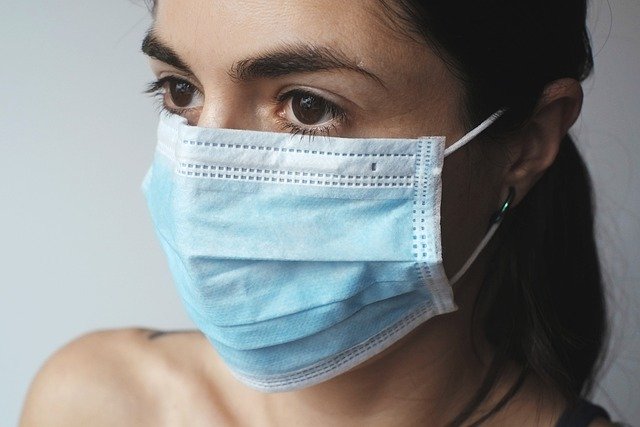The new research shows that pregnant women are not more prone to acute Covid-19 symptoms. There is no solid proof that the virus passes to the baby in pregnancy.
As per the guidelines issued by the Royal College of Midwives and Royal College of Paediatrics and Child Health, and Royal College of Obstetricians and Gynaecologists, it offers comfort to pregnant women in London who till date have not been provided any specific details on the possible risks of coronavirus on their baby.
Pregnant women have modified immunity system in comparison to an unpregnant women. Due to which they are more susceptible to causing severe complications when exposed to viruses. Some types of respiratory ailments can also lead to critical illness in fetus. However, on the basis of available data, none of these patterns are seen to be associated with Covid-19.
The president of the Royal College of Obstetricians and Gynaecologists, Edward Morris said that we are learning about this new virus. Studies are being performed to find any new evidence in relation to the impact of coronavirus on the fetus.
In the coming months, and weeks, it is very likely that pregnant women in London will test positive for coronavirus. Presently, the data to prove this statement is limited. We need a solid evidence to assure that the virus has the ability to pass from the infected pregnant women to her fetus in pregnancy.
This advice is made on the basis of observations from China, and includes a WHO report that reviewed the data from 147 pregnant women. Out of these numbers, around 64 cases were established to have coronavirus, 82 cases are in suspicion and one is an asymptomatic case. Out of these cases, around eight percentage had got acute symptoms and only one percentage women were found to be critically ill.
In a separate study, it was found that nine pregnant women were found to be infected with Covid-19 in Wuhan, China where the virus outbreak stem from. It was found that after being born through cesarean delivery, all infants were healthy with no trace of virus in the cord blood, amniotic fluid, and breast milk of the pregnant mother.
The president of the Royal College of Paediatrics and Child Health, Professor Russell Viner said that on the basis of recent evidence, it wasn’t suggested to separate mothers, and babies who were tested positive for this virus. This is because the separation of mother from the baby can be significant on each of them.
This suggestion will be under review as more evidence may be available in the coming months, and weeks. There is also limited proof related to the spread of coronavirus via breast milk.
Due to a more extensive outbreak of coronavirus in the London, hospitals are considering regular routine midwife antenatal appointments via telephone for all postnatal, or pregnant women admitted into hospital. It will separate out women with signs that lowers the possibilities of spreading of virus transmission on the ward.

